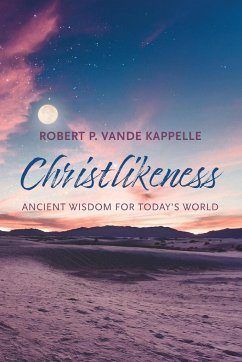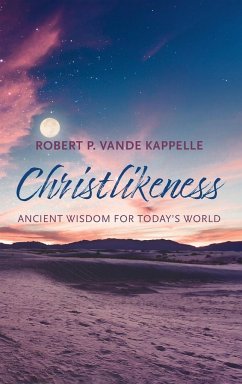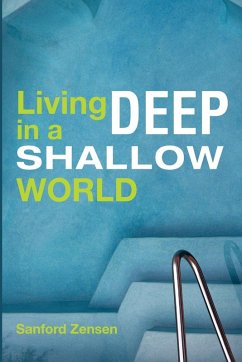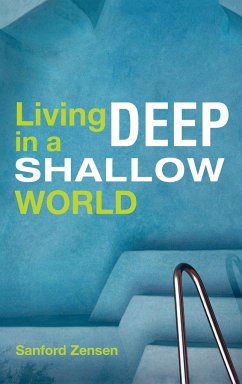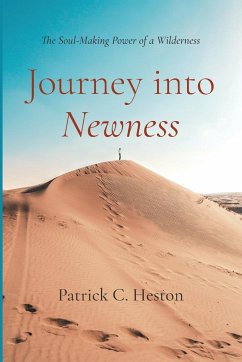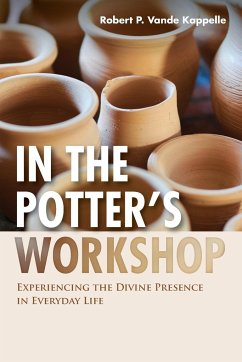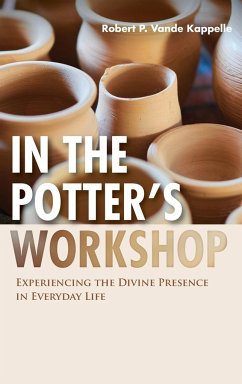Human beings are happiest when they live virtuously. For Jesus and his first followers, living virtuously meant loving God and others as extensions of oneself. However, what began as an inclusive ethical way of life based on unconditional love gradually degenerated into an exclusive social and political religious movement that came to be known as Christendom. Originally a continuation of Jewish messianism, the Christian movement aligned itself with Platonic and Aristotelian elements, comprising a marriage of specific elements of Greek philosophy with Roman imperialism. What if, instead of aligning with the dualist, idealist, exclusivist, and supremacist Socratic movement perpetuated by Plato and his followers, ancient Christians had aligned with the nondualist, realist, inclusivist, and egalitarian Stoic movement spread by Zeno and his followers, an ethical tradition that, like the teachings of Jesus, was guided by providential and natural law ethics? The results of such a synthesis, laid out in this innovative study, are practical, inspiring, and transformative, for they are based on the greatest vision possible for humanity, a nondualist approach to life that counters authoritarian and exclusivist behavior fostered by supremacist political, ethical, and social religious ideologies. Unlike Christendom, based on ecclesiastical triumphalism, the way of Christlikeness, envisioned by Jesus for humanity, is grounded in humility, compassion, service, and love of others.
Hinweis: Dieser Artikel kann nur an eine deutsche Lieferadresse ausgeliefert werden.
Hinweis: Dieser Artikel kann nur an eine deutsche Lieferadresse ausgeliefert werden.

